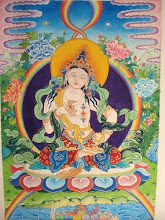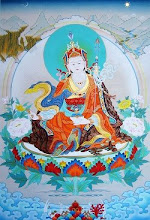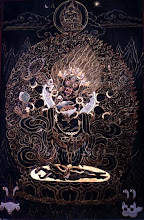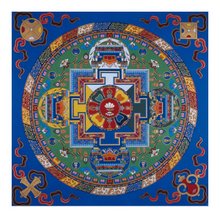In the sutta, a wise young man of 16 asks of the Buddha, “How does one preserve truth?”
The Buddha replies:
If a person has faith, Bharadvaja, he preserves the truth when he says: 'My faith is thus'; but he does not yet come to the definite conclusion: 'Only this is true, anything else is wrong.”
If a person receives an oral tradition, he preserves the truth when he says: 'My oral tradition is thus'; but he does not yet come to the definite conclusion: 'Only this is true, anything else is wrong.'
If a person reaches a conclusion based on reasoned cogitation, he preserves the truth when he says: 'My reasoned cogitation of a view is thus'; but he does not yet come to the definite conclusion: 'Only this is true, anything else is wrong.”
If a person gains a reflective acceptance of a view, he preserves the truth when he says: 'My reflective acceptance of a view is thus'; but he does not yet come to the definite conclusion: 'Only this is true, anything else is wrong.”
In this way, Bharadvaja, there is preservation of the truth; in this way he preserves truth; in this way we describe the preservation of truth. But as yet there is no discovery of truth.
Majjhima Nikaya
Sutta 95, Canki Sutta



























0 comments:
Post a Comment